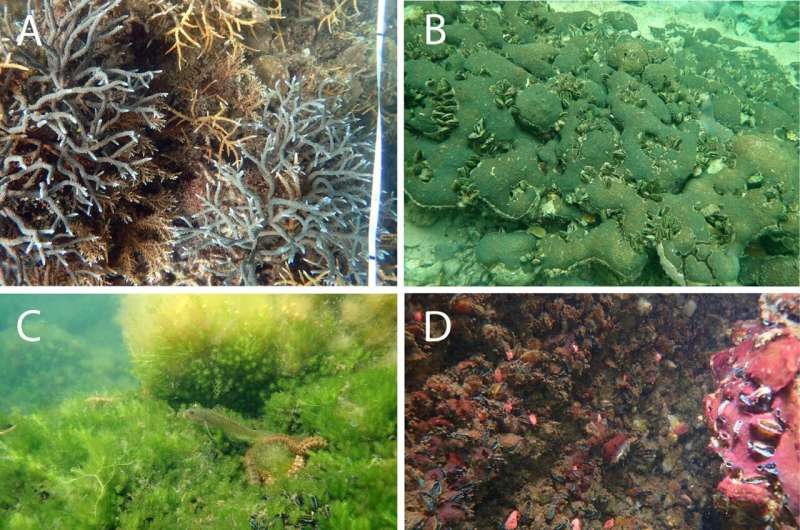A fascinating discovery has been made by a team of Dutch and Indonesian researchers who have uncovered a wide variety of coral species thriving in extreme seawater temperatures. Their groundbreaking research, recently published in the journals Diversity and PeerJ, sheds light on the remarkable ecosystems found in Raja Ampat, Indonesia, providing valuable insights into coral resilience and adaptation.
By studying marine biodiversity in Raja Ampat, the researchers are gaining valuable knowledge on how marine life may respond to future challenges such as rising temperatures and pollution. Their focus on marine lakes, unique islands of seawater, offers a glimpse into potential climate change scenarios.
These marine lakes serve as natural laboratories for studying the effects of climate change, with water temperatures exceeding those of current coral reefs by 1 to 3 degrees Celsius. Remarkably, the stony corals in these marine lakes have adapted to thrive in temperatures as high as 32.6 degrees Celsius, far surpassing the norm in Raja Ampat’s coral reefs.
The discovery of 37 species of hard corals thriving in chronically high seawater temperatures challenges existing beliefs about coral environmental tolerance. These resilient reef-building corals, capable of surviving in extreme thermal conditions, hold promise as a genetic reservoir for enhancing coral populations’ resilience to climate change.
Interest in corals living at the edge of their environmental limits has been growing, as they offer valuable insights into how coral communities can adapt to changing marine conditions. The unique ecosystems of marine lakes present a particularly intriguing area of study in this regard.
Published on 2024-06-06 17:00:02
Original article from phys.org





















